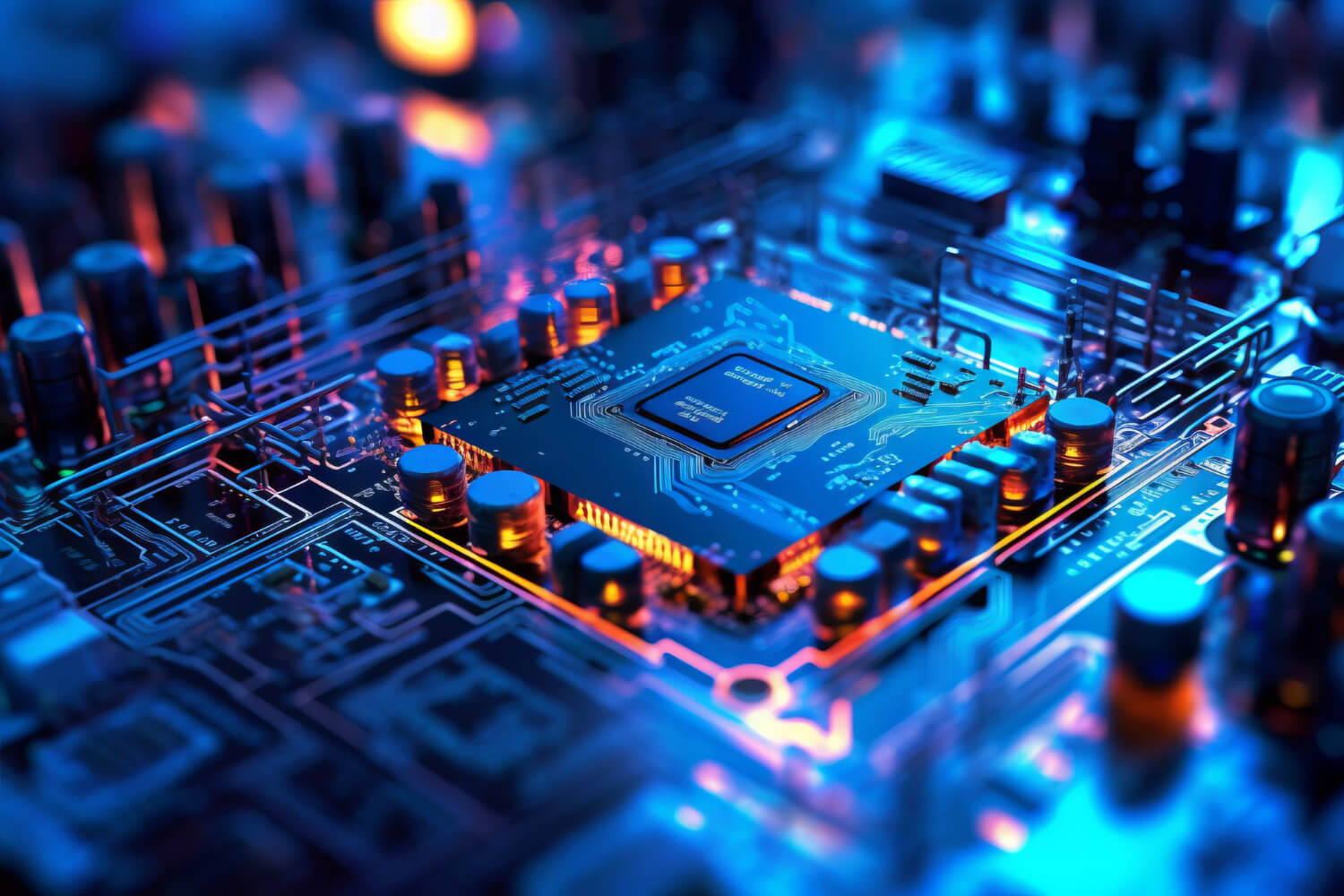
- Microcontroller Programming: Learn to program microcontrollers using various programming languages. Understand the architecture and functionality of different microcontrollers.
- System Design and Integration: Design and integrate embedded systems for various applications, including IoT devices, robotics, and automation systems.
- Real-Time Operating Systems (RTOS): Explore the use of RTOS in embedded systems to manage hardware resources and ensure timely execution of tasks.
By attending these workshops, students will develop a strong foundation in electronics engineering, enabling them to design, implement, and troubleshoot complex electronic systems.
Key Features
- Hands-On Learning: Engage in practical, hands-on exercises that reinforce theoretical concepts and enhance problem-solving skills.
- Industry-Relevant Skills: Acquire skills directly applicable to the power electronics and drives industry, enhancing employability and readiness for real-world challenges.
- Expert Guidance: Learn from industry experts and experienced faculty who provide personalized guidance and support throughout the workshop.
- Advanced Simulation Techniques: Gain proficiency in using Matlab/Simulink for advanced simulations, including non-linear modeling and analysis of power electronic circuits and motor drives.
- Project-Based Learning: Apply theoretical knowledge to real-world projects, fostering a deep understanding of power electronics and drives and their applications.